In an order refusing his request to remain free while appealing his conviction, D.C. Circuit Court Judge Amit P. Mehta accused Stewart Parks, a Tennessee entrepreneur and former congressional candidate who was convicted in a January 6 trial, of lying in court and spreading “falsehoods” about the events of that day.
Parks (pictured above in the moments prior to his incarceration) complied with Mehta’s order and self-reported for incarceration at the Federal Correctional Institution, Memphis, Tennessee, on Tuesday, February 6 at 2:00 pm Central Time and is currently serving the eight-month prison term to which Judge Mehta sentenced him.
Mehta made the claims when denying Parks’ request to have his sentence stayed while he appeals his case.
Parks argued that he should not face prison time for misdemeanor or petty crimes and noted that other January 6 defendants were not sentenced to prison for similar crimes.
In his order, Mehta said Parks “fails to appreciate that he is quite differently situated than the others he references.”
“Those defendants entered guilty pleas and accepted responsibility,” Mehta wrote before adding that, unlike Parks, “Those defendants did not repeatedly lie on the witness stand.”
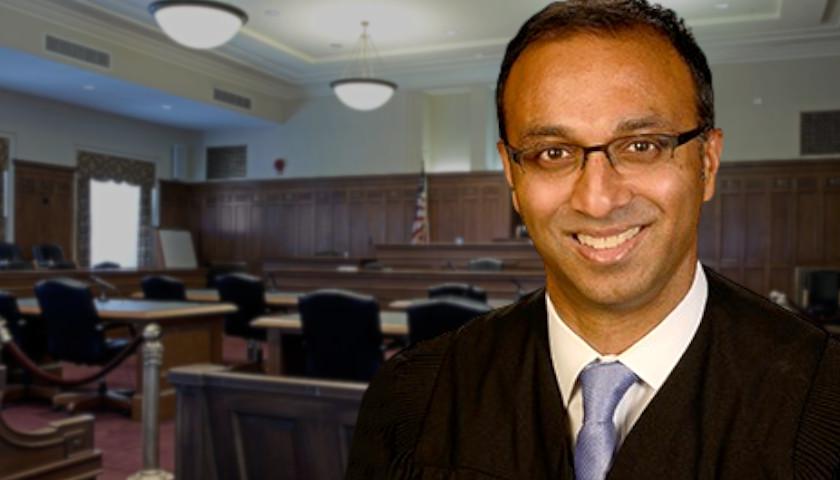
In making his decision, the Obama-appointed judge cited his own previous determinations that Parks “[spun] a tale that has no foundation in fact and that is an affront to police officers that were there that day and to democracy itself” and told “a tale that was absolutely fantastic.”
The alleged lies mentioned by Mehta in his order are not enumerated in his order denying Parks’ request, and appear to reference a sealed Statement of Reasons for Parks’ sentence from November 2023. That document remains sealed, with only lawyers connected to the case and the court able to access it.
Mehta’s remarks from Parks’ court appearance on May 3, 2023 may offer more insight into the alleged lies Mehta accused Parks of pushing, at least according to the reporting of a CBS News journalist who relayed Mehta’s apparent condemnation of Parks to social media.
“For anybody who is angry or frustrated, not just by what happened here on January 6, 2021, but how some of the defendants seek to alibi their actions or defend their actions, or blame police for some of what occurred during the Capitol riot, your voice was channeled today by D.C. Federal Judge Amit Mehta. Of all the hearings I’ve covered and all the January 6th cases I’ve covered, I have rarely, if ever, heard a judge more forceful and frank in his denunciations of what a defendant had argued and what a defendant had said,” said CBS Congressional correspondent Scott MacFarlane last year.
MacFarlane also revealed Mehta “chastised” and “dressed down Parks” for testifying in his own defense on the stand. According to MacFarlane, Mehta at one point said, “‘I don’t know if you take me for a fool,’ and then said, “You cannot be serious,’ and said, ‘It’s charitable to say your testimony is not credible, if not a complete fabrication.’”
While the exact lies Mehta accused Parks of pushing remain unclear, U.S. Attorney Matthew Graves similarly cited Parks’ defense at trial as evidence that Parks refused was pushing lies.
Referencing Mehta’s prior, unavailable condemnation of Parks in his response to the court, Graves noted Mehta previously declared, “these lies – which Parks also told while running for Congress in 2022 – demonstrated the need for a substantial sentence to promote respect for the rule of law, given Parks’s abject failure to accept any responsibility for his conduct that day.”
In his filing, Graves claimed Parks lied when claiming he did not know his presence in the capitol was permitted, when he claimed he was allowed to enter the building by police officers who held the doors open for the crowd, and when claiming he did not know former Vice President Mike Pence was in Washington, D.C. on January 6, to preside as President of the Senate, and that entering the Capitol was tantamount to preventing Pence from fulfilling his constitutional duties.
The attorney for Parks, who maintains his actions on January 6 were legal, replied in a filing that the evidence shows Parks “at most” was “aware that there were proceedings related to the electoral college vote” but “not that he knew the Vice President would be present or had any part of these proceedings.”
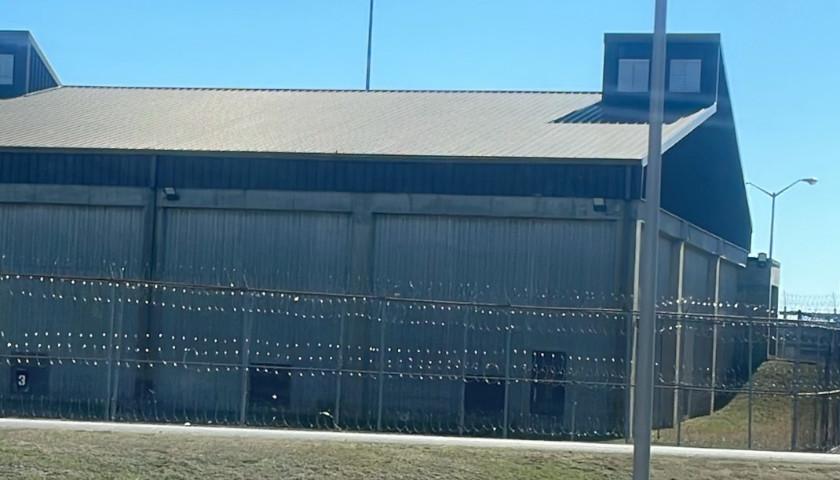
Further, in the filing, Parks’ attorney argued the claims made by Mehta and repeated by Graves, even if considered accurate, fail to suggest Parks “might turn to violence” or would be a danger to the community. To the contrary, Parks argued that the court’s decision to approve his bond and maintain it for three years are proof he is not a threat.
In his denial of Parks’ request, Mehta also claimed Parks “publicly spread falsehoods about January 6” and “disparaged the criminal justice process” in apparent allusions to Parks’ posts to social media, which he regularly uses to profess his innocence, and Parks‘ appearances on The Tennessee Star Report with Michael Patrick Leahy.
A pair of recent posts by Parks to Instagram include excerpts from his trial transcript which appear to show Mehta repeatedly referred to him by the wrong name.
In his request for Mehta to deny Parks’ request, Graves cited Parks’ appearances on The Tennessee Star Report, but did not cite The Tennessee Star by name. The Star contacted the U.S. Attorney’s Office to verify that the views Parks expressed on the radio show informed the arguments in Graves’ filing and ask why this outlet was not mentioned by name despite Graves linking to websites that contain content from The Star, but did not receive an immediate response.
Graves claimed to Mehta that Parks’ appearances on The Tennessee Star Report prove Parks “doubled down” on “falsehoods” and “continues to maintain that his presence at the Capitol was peaceful and that police officers let him in” despite being convicted in Mehta’s court.
This is not the first time Mehta has objected to the First Amendment expressions of a January 6 defendant.
In January 2023, the federal judge demanded that a man who pleaded guilty explain why his conviction should not be vacated, setting the stage for a new trial after the man reportedly told a newspaper he did not think he committed the crimes he was charged with.
On the day before Parks was required to enter a federal prison in Memphis, he told The Tennessee Star Report, “the judicial elites in D.C. want to stomp me down even more and hush me up” and suggested prosecutors and judges “don’t want other defendants to feel emboldened or encouraged” by his story.
– – –
Tom Pappert is the lead reporter for The Tennessee Star, and also reports for The Georgia Star News, The Virginia Star, and the Arizona Sun Times. Follow Tom on X/Twitter. Email tips to [email protected].

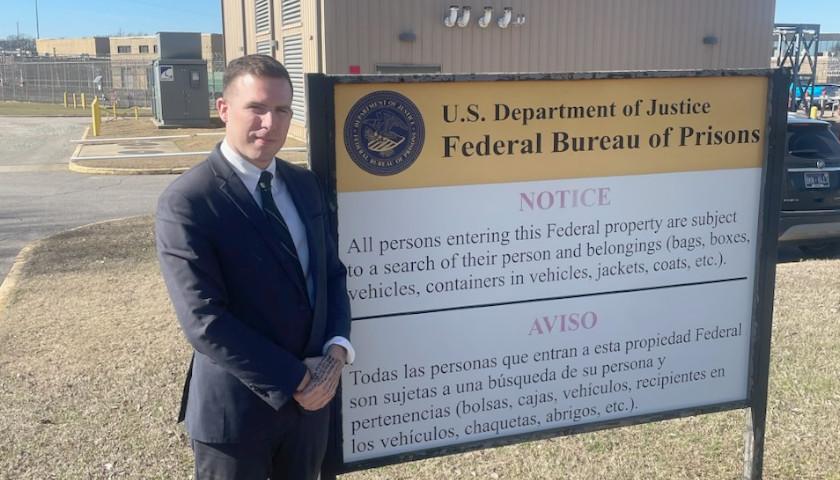



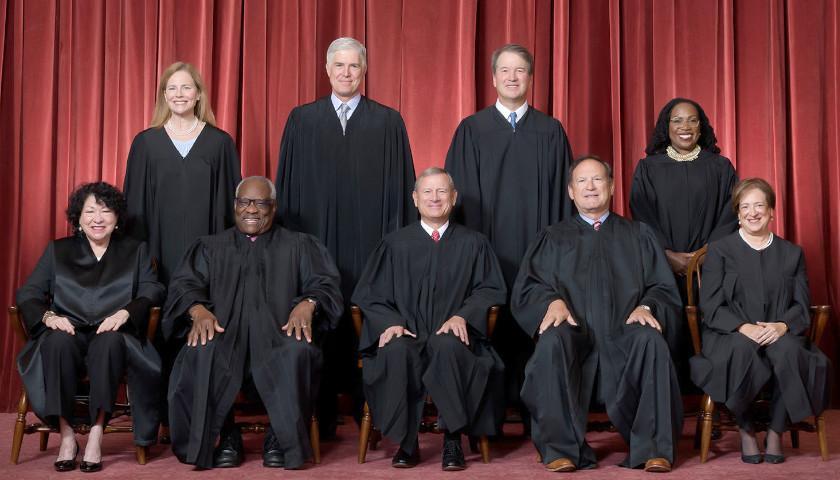


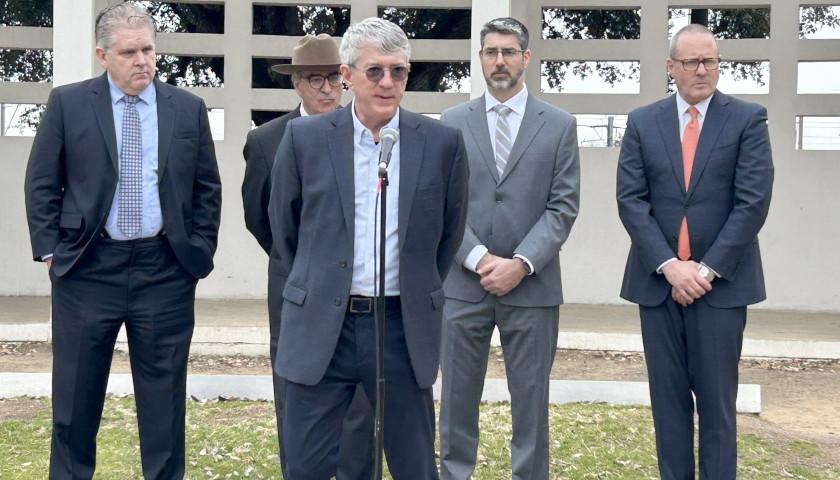
This is so sad.
The unconstitutional regime’s goal is to suppress any dissent. To produce such fear in the people that they will shut up and comply as the Communists finish their destruction of Western Christian Civilization and our Republic.
Instead, they are awakening the American people and creating an army who, once they have been falsely imprisoned and persecuted, will NEVER again be silenced or controlled.
America has been waiting for leaders. This regime is creating them.
So much for an impartial judiciary. Does the judge think he is the prosecutor?
Also, were the available video tapes not used as evidence, and if they were not available at the time of trial, had they been requested via discovery?
As with most all of these cases, something seems amiss.
The judge claimed he liead in court but cited no evidence to that . . .
OK, then. If there is no evidence, then the judge lied in court.
Should the judge be flogged, horsewhipped, run out of town on a rail, hanged or shot?
Remember, punishement is supposed to deter and prevent recurrence.
Choose wisely, or budget for doing it twice.